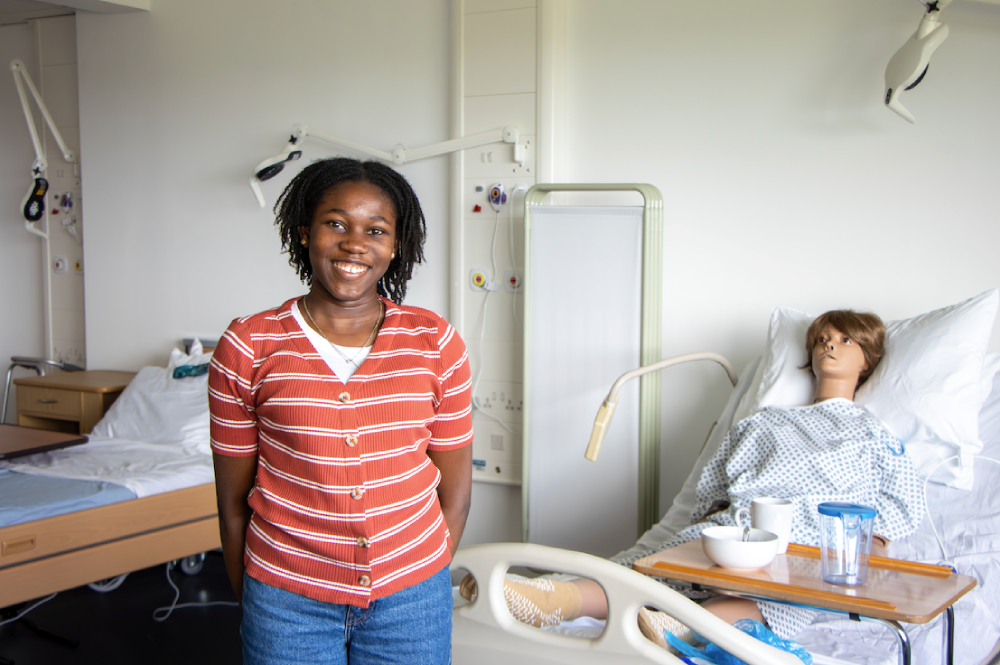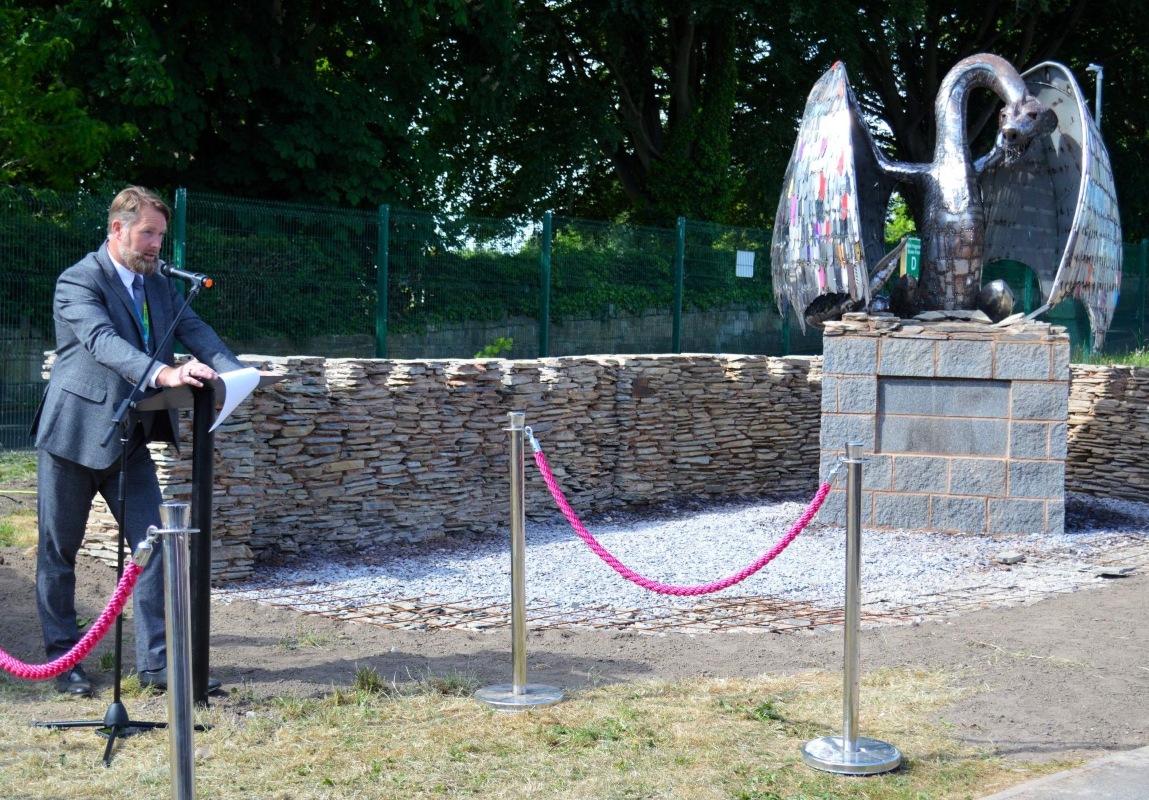Black heritage students feel more confident than white students about their career prospects, new study

Research among more than 7,500 undergraduates entering the job market next month reveals that over two thirds (68%) of black heritage students are confident about securing a job compared with just 44% of white students.
Just 12 months ago, at the height of the pandemic, black heritage graduates had the highest levels of anxiety about their future career prospects. The shift in opinion suggests that an increased focus on companies hiring candidates from more diverse backgrounds is now starting to pay dividends.
Black heritage males are especially confident. Seventy-seven per cent expect to secure a graduate role. But almost two in five (38%) black heritage female students are concerned about their career chances.
The study also shows that two thirds (63%) of black heritage students feel ready for the ‘world of work’ compared to less than half (49%) of their white peers.
However, there is a disparity between black heritage females and males with twice as many women (20%) than men (8%) feeling unprepared for the workplace.
The findings also reveal that more black heritage students (38%) than white students (29%) say that the graduate recruitment market is inclusive for all young people looking for work.
However, the data is set against a backdrop of black heritage students being conscious of some firms’ reluctance to change. Forty-three per cent think that their background has hindered them in applications compared with less than a quarter (23%) of white students. And two thirds (66%) of black heritage females and more than half (55%) of males still think the workplace isn’t inclusive of everybody.
Black heritage students also still have concerns that a lack of a network and contacts is a barrier to their chosen career path According to the research, 27% of black heritage students worry about their lack of network compared to 22% of white students.
The report also suggests that parts of the job application process continue to remain a worry for many black heritage students. Almost a quarter (24%) say that they worry about face-to-face interviews. And 38% are more likely to say that they feel apprehensive when asked to take a psychometric test.
Bright Network, who carried out the study for its annual insight report, said that black heritage students also appear much more interested in the perceived ‘high earning’ career sectors when looking for their first job after graduation.
Twenty-five per cent want to start their career in technology or engineering (compared with 12% of white students), 21% are looking to secure a role in the banking and financial sector (vs 16%), and 12% are aiming for a management consultancy role (vs 8%).
There is almost parity when it comes to law with 13% of black heritage and 12% of white students seeking a traineeship.
Just 2% of black heritage students are interested in pursuing a career in education, a sector struggling with both a major recruitment crisis and a desperate need to hire more black role models.
Johnson Adeyanju, New Partnerships Director, Bright Network, says:
“In the last year, we’ve seen employers across all sectors ramping up their efforts to reach and appeal to students from underrepresented groups. Our findings show that black heritage students are responding to these actions and now have increased levels of confidence in both job application processes and in their own chances of career success.
“It’s clear that when black talent has access to the right information, advice, and guidance it can have a direct impact on how confident they feel about their job prospects. However, confidence alone is not enough to close the black pay gap or the black recruitment gap. Employers still need keep working to do more to make their processes more inclusive”











Responses